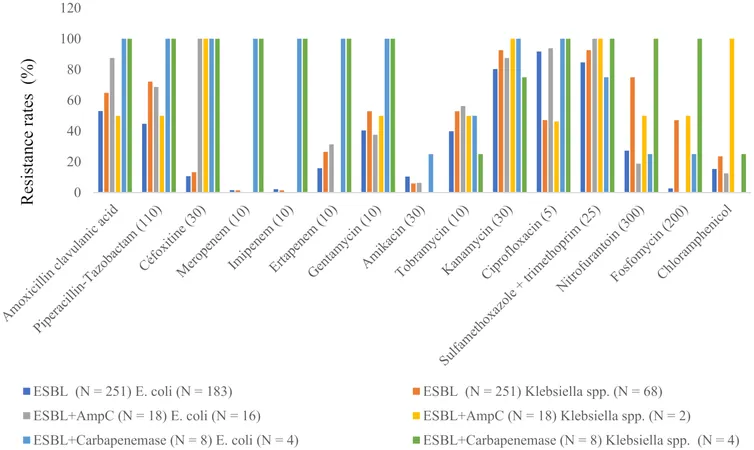
Urgent Call to Young People: Don’t Miss Out on Life-Saving HPV Vaccinations!
2025-01-24
Author: Jia
Overview
The UK Health Security Agency (UKHSA) is sounding the alarm for young individuals to take advantage of the HPV vaccine being offered in schools. The latest statistics reveal a mixed picture of vaccine uptake, showing stability but still falling short of pre-pandemic levels of approximately 90%.
Vaccination Statistics
As part of the routine adolescent HPV programme, the data for the 2023-2024 academic year reflects a significant change—the routine move from two doses to a single dose vaccination, which began in September 2023. The latest numbers reveal:
- Year 8 females: 72.9% uptake (an increase of 1.6% from last year) - Year 8 males: 67.7% uptake (up by 2.5% from last year) - Year 9 females: 74.1% uptake (down by 1.6% from last year) - Year 9 males: 68.5% uptake (a decrease of 1.2% from last year) - Year 10 females: 76.7% uptake (down by 6.5%) - Year 10 males: 71.2% uptake (a decline of 7.4%)
Concerns and Encouragements
These figures highlight a significant concern: although there have been some increases in vaccination rates for younger cohorts, many older students are lagging behind. A silver lining in the statistics reveals the success of catch-up initiatives following the pandemic. Year 9 female pupils saw a 2.8% increase compared to the previous academic year, while male counterparts in the same age bracket saw a 3.3% increase. This demonstrates that efforts to recover vaccine uptake are beginning to bear fruit, but more needs to be done.
Importance of HPV Vaccination
The HPV vaccination program, available since September 2008 for girls and extended to boys in September 2019, is vital in reducing HPV-related infections and cervical cancer rates among vaccine-eligible women. It also offers protection against genital warts and several other cancers, underscoring its importance for all genders.
Expert Opinions
Dr. Sharif Ismail, a consultant epidemiologist at UKHSA, praised the efficacy of the vaccine. “The HPV vaccine is one of the most successful in the world. Now given as just a single dose, it helps prevent HPV-related cancers. However, it’s critical that those who missed the initial offer get vaccinated now. We are still not back to pre-pandemic vaccination rates, and every missed opportunity increases cancer risks.”
Michelle Mitchell, Chief Executive of Cancer Research UK, stressed the urgency of the situation: “Around 3,300 people are diagnosed with cervical cancer every year in the UK. Thanks to ongoing research and NHS efforts, we have the potential to eradicate cervical cancer as a public health issue within our lifetimes. The combination of the HPV vaccine and cervical screening is crucial for accomplishing this goal.”
Steve Russell, Chief Delivery Officer and National Director for Vaccinations and Screening at NHS England, added, “The HPV vaccine can protect against various cancers with just a single dose. It’s imperative that we ensure more young people get vaccinated in order to meet our ambitious goal of eliminating cervical cancer by 2040. Today's figures show a positive increase in vaccination rates, yet almost one-third of young people remain unprotected.”


 Brasil (PT)
Brasil (PT)
 Canada (EN)
Canada (EN)
 Chile (ES)
Chile (ES)
 Česko (CS)
Česko (CS)
 대한민국 (KO)
대한민국 (KO)
 España (ES)
España (ES)
 France (FR)
France (FR)
 Hong Kong (EN)
Hong Kong (EN)
 Italia (IT)
Italia (IT)
 日本 (JA)
日本 (JA)
 Magyarország (HU)
Magyarország (HU)
 Norge (NO)
Norge (NO)
 Polska (PL)
Polska (PL)
 Schweiz (DE)
Schweiz (DE)
 Singapore (EN)
Singapore (EN)
 Sverige (SV)
Sverige (SV)
 Suomi (FI)
Suomi (FI)
 Türkiye (TR)
Türkiye (TR)